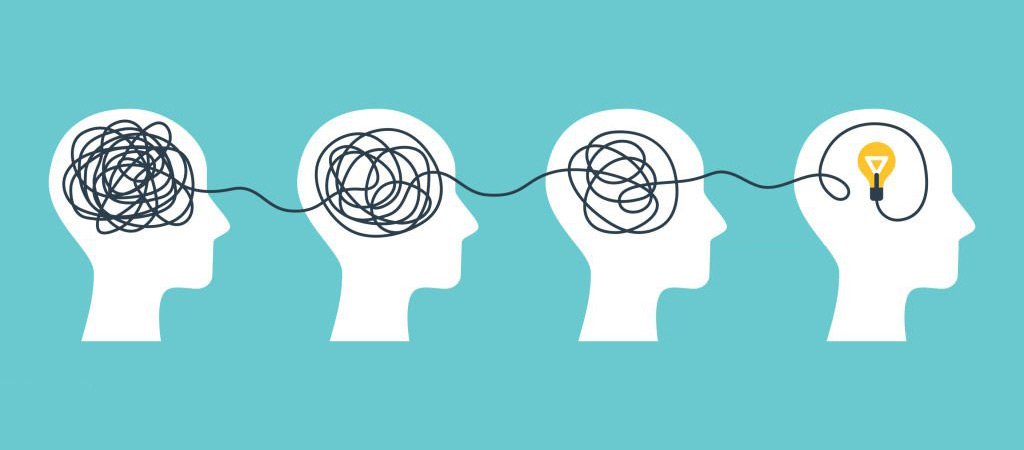Preface:
In developmental psychology, a lot of emphasis is given to early childhood experiences. It is considered important as most of our belief systems get formed during this time. The key influencing factors include upbringing from our parents and caregivers, the cultural context in which we are raised and the quality of early education, amongst several other factors. These beliefs lay the foundation for our future learning and development.
With advancement in neuroscience, scientists have discovered the remarkable ability of the human mind to adapt and make gradual shifts. It means that these belief systems while being remarkably resilient, can change gradually, with practice and over time. Many companies have embraced the idea of the growth mindset that emanates from this principle of human development.
Unfortunately, many people fail to adapt, get stuck with their mental pre-dispositions and therefore do not grow beyond a certain stage of adult development. In this blog, ‘Blinded by beliefs’ we will explore how beliefs and assumptions are at the heart of personal and organizational growth and development. When we refer to organizational growth, we are implicitly referring to its leadership team.
“The world as we have created it is a process of our thinking. It cannot be changed without changing our thinking.” – Albert Einstein
The Kodak Case Study: A Cautionary Tale
A prime example of the destructive power of rigid beliefs is the fall of Kodak. Once a titan of the photography industry, Kodak’s leadership was blinded by the belief that their profitable film business would continue to dominate. Despite inventing the first digital camera in 1975, they downplayed its potential, fearing it would cannibalize their film sales.
Kodak’s executives were overconfident in their existing business model, failing to foresee the rapid adoption of digital technology. Their belief in the enduring profitability of film led to underinvestment in digital innovations. As competitors like Sony and Canon embraced the digital wave, Kodak clung to its legacy business, resulting in a catastrophic loss of market share. By 2012, Kodak filed for bankruptcy, a stark reminder of how being blinded by beliefs can lead to downfall.
The Psychological Grip of Beliefs
Our beliefs and assumptions are deep rooted in our psyche, which means that it is not easy to access. With time and as a result of our experiences, our beliefs and assumptions get crystallized and become tied to our identity and self-esteem. Think of it as the super-highways in our neural network.
Changing our beliefs now means venturing into the unknown, which can be frightening. This fear can lead us to cling to familiar beliefs, even if they are limiting or outdated.
Simple strategies to overcome our limiting beliefs
Reflective practices such as journaling, meditation, seeking feedback from trusted colleagues and engaging in open dialogues are some of the simple ways that can help us identify blind spots.
By consistently applying these strategies, one can gradually overcome one’s limiting beliefs and assumptions, opening up new possibilities for growth and success in your personal and professional life.
How the Immunity to Change methodology helps unlock our beliefs and assumptions
The Immunity to Change (ITC) methodology, developed by Robert Kegan and Lisa Lahey, is a powerful framework designed to help individuals and organizations uncover and address the hidden beliefs and assumptions that prevent change and growth.
By identifying improvement goals, diagnosing competing commitments, uncovering big assumptions, and testing these assumptions through experiments, individuals and teams can reveal and challenge their hidden beliefs that create resistance to change.
“Belief systems are deep rooted structures that define who we are. For growth and meaningful change to happen, we have to go deeper in our psyche to unpack our belief systems”

Conclusion:
Being blinded by our beliefs is a common human experience with significant implications for personal growth, and organizational success. Recognizing the power and limitations of our beliefs is the first step toward overcoming this blindness. By fostering reflective thinking, inviting feedback, and cultivating a culture of continuous learning, we can overcome our limitations and reach our potential.
